Annotated Bibliography: Teaching English to Young Learners and Culture
VerifiedAdded on 2023/06/09
|5
|1185
|395
Annotated Bibliography
AI Summary
This annotated bibliography provides a comprehensive overview of key research in English Language Teaching (ELT), focusing on the challenges of teaching young learners and the evolving role of culture in language education. The bibliography includes annotations of four key articles, exploring global perspectives on teaching challenges, the impact of intercultural approaches, and the changing dynamics of English as a global language. The sources examine issues such as teacher challenges, the influence of cultural differences, and the concept of English as a Lingua Franca (ELF). The annotations summarize the articles' aims, methodologies, key findings, and limitations, highlighting their relevance to the broader field of ELT. The bibliography covers topics such as the challenges faced by teachers worldwide, the impact of cultural contexts on language learning, and the shift towards an intercultural approach to language teaching. The sources also address the evolving role of the English language in a globalized world and the impact of cultural ownership on language education. This resource is invaluable for students and researchers interested in exploring the complexities of ELT and its cultural dimensions.
1 out of 5
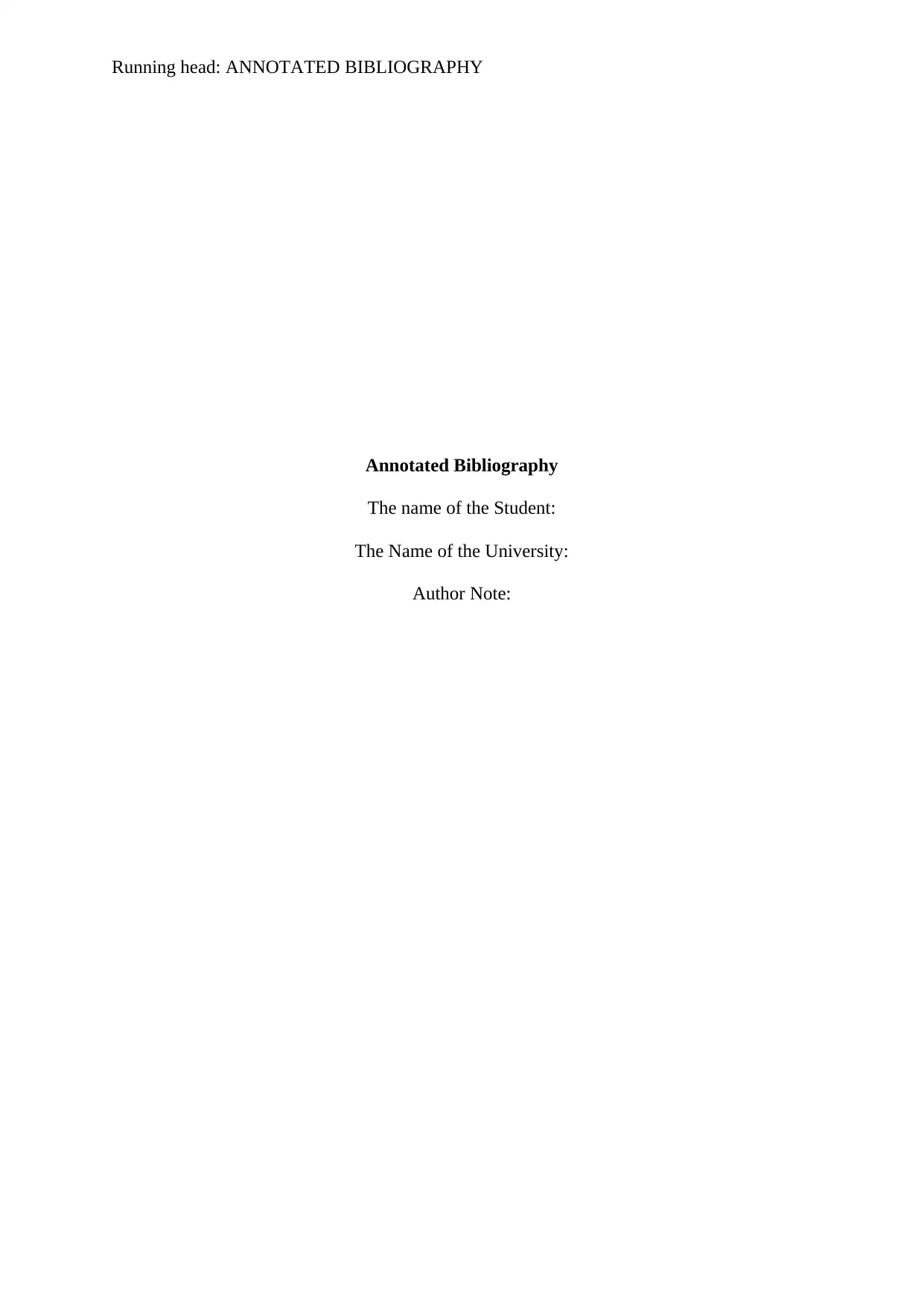
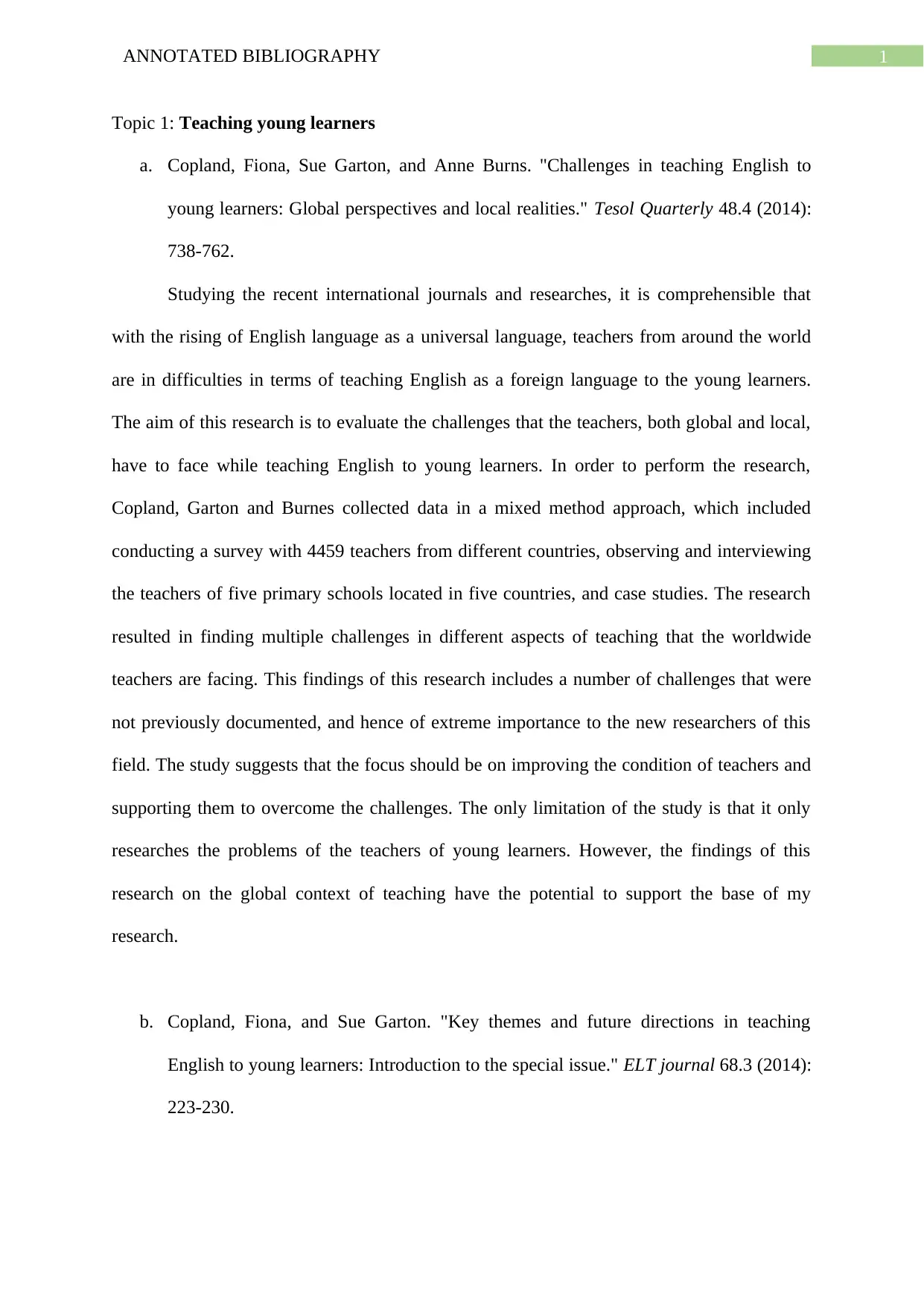
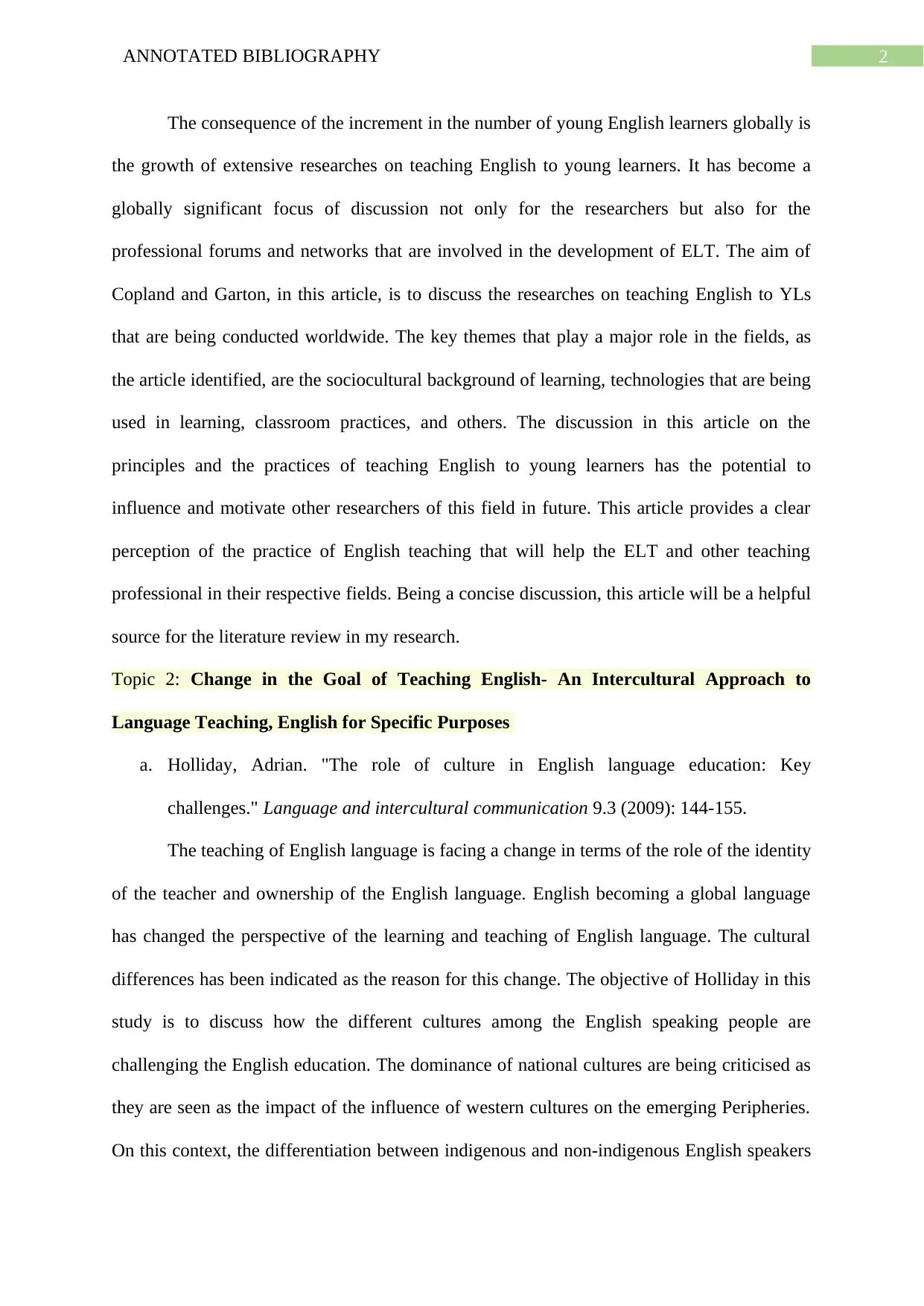

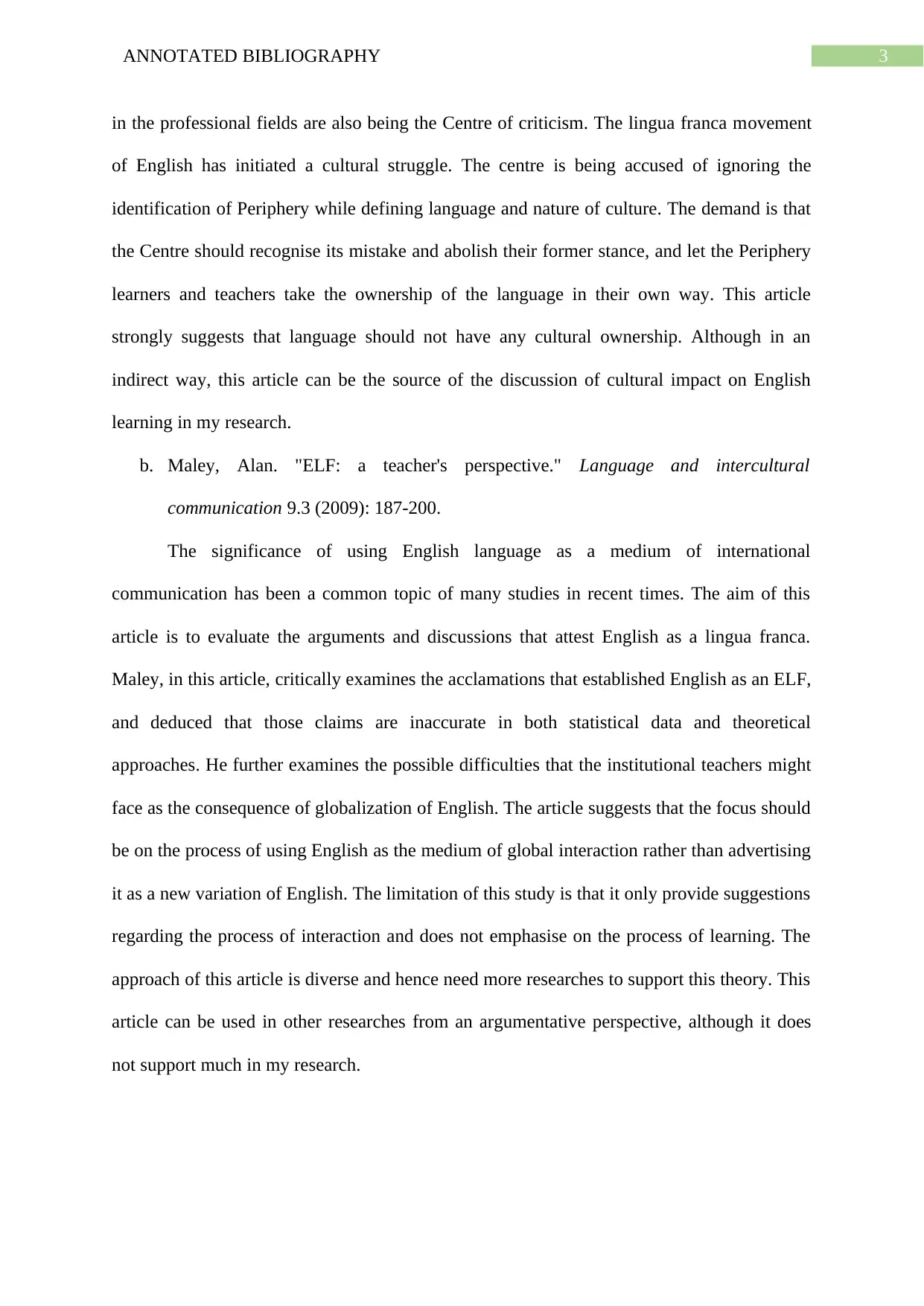
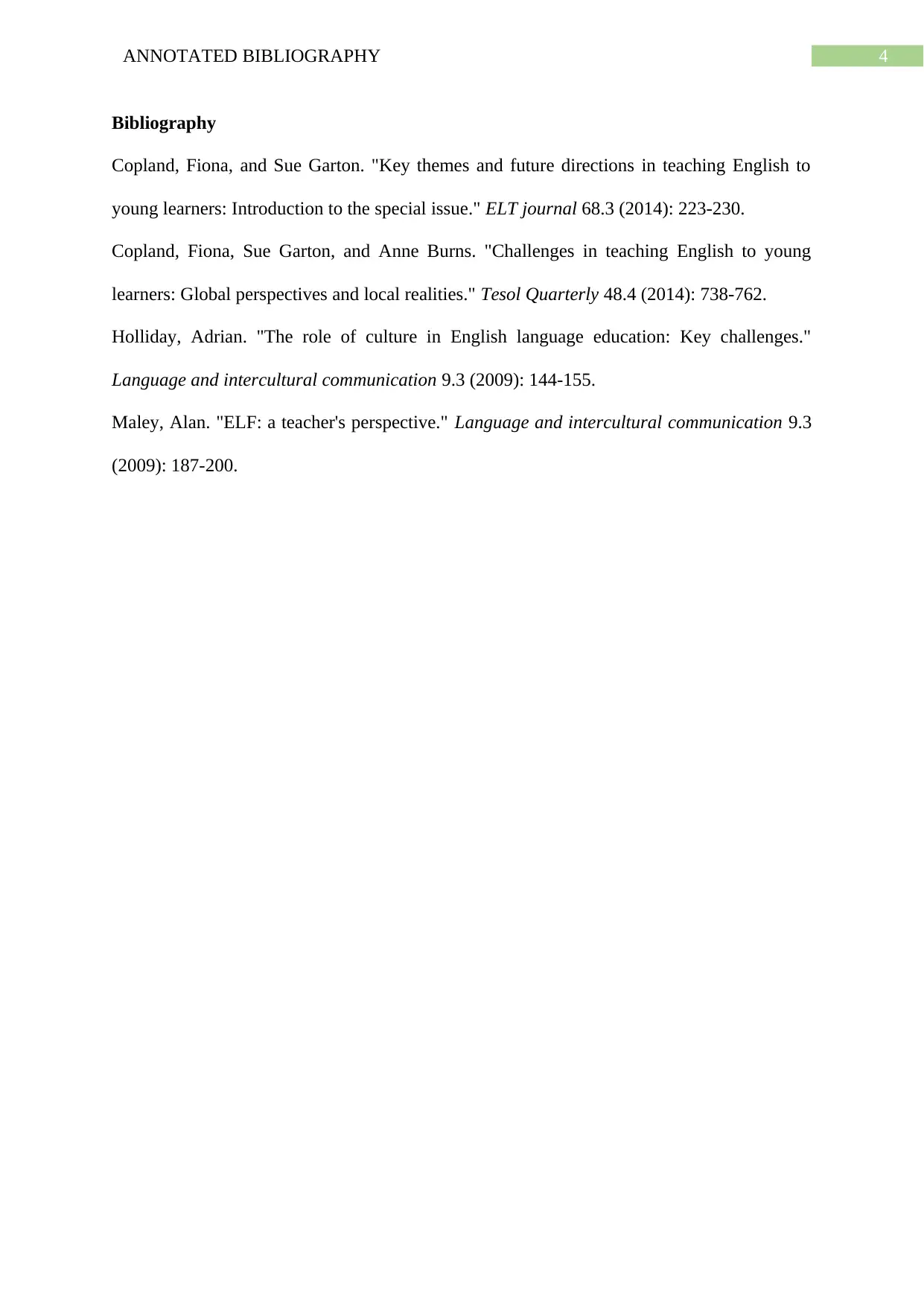





![[object Object]](/_next/static/media/star-bottom.7253800d.svg)